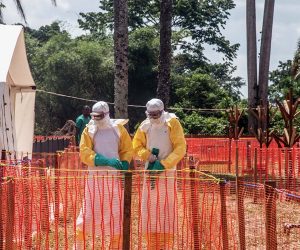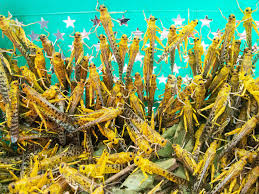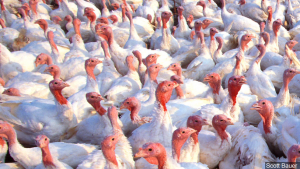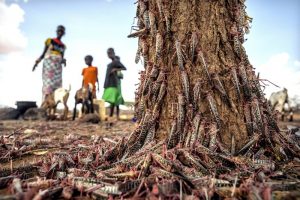

Jing Xuan Teng – June 18, 2020
China imposed travel restrictions on nearly half a million people near its capital on Thursday to contain a fresh coronavirus outbreak as deaths surged in other parts of the world.
The threat of a second wave hitting China, which had largely brought the virus under control, and rising tolls in Latin America and South Asia underscore the global challenge in slowing down the pandemic that has killed more than 450,000 people.
The world economy has also taken a hit, with the US Labor Department saying another 1.5 million American workers filed for unemployment benefits last week, bringing the number of people laid off, at least temporarily, by COVID-19 to 45.7 million.
With scientists around the globe racing to find a vaccine, the World Health Organization said it hoped that a few hundred million COVID-19 vaccine doses could be produced this year, and two billion by the end of 2021.
“If we’re very lucky, there will be one or two successful candidates before the end of this year,” WHO chief scientist Soumya Swaminathan said, adding that priority would be given to key workers and vulnerable people.








